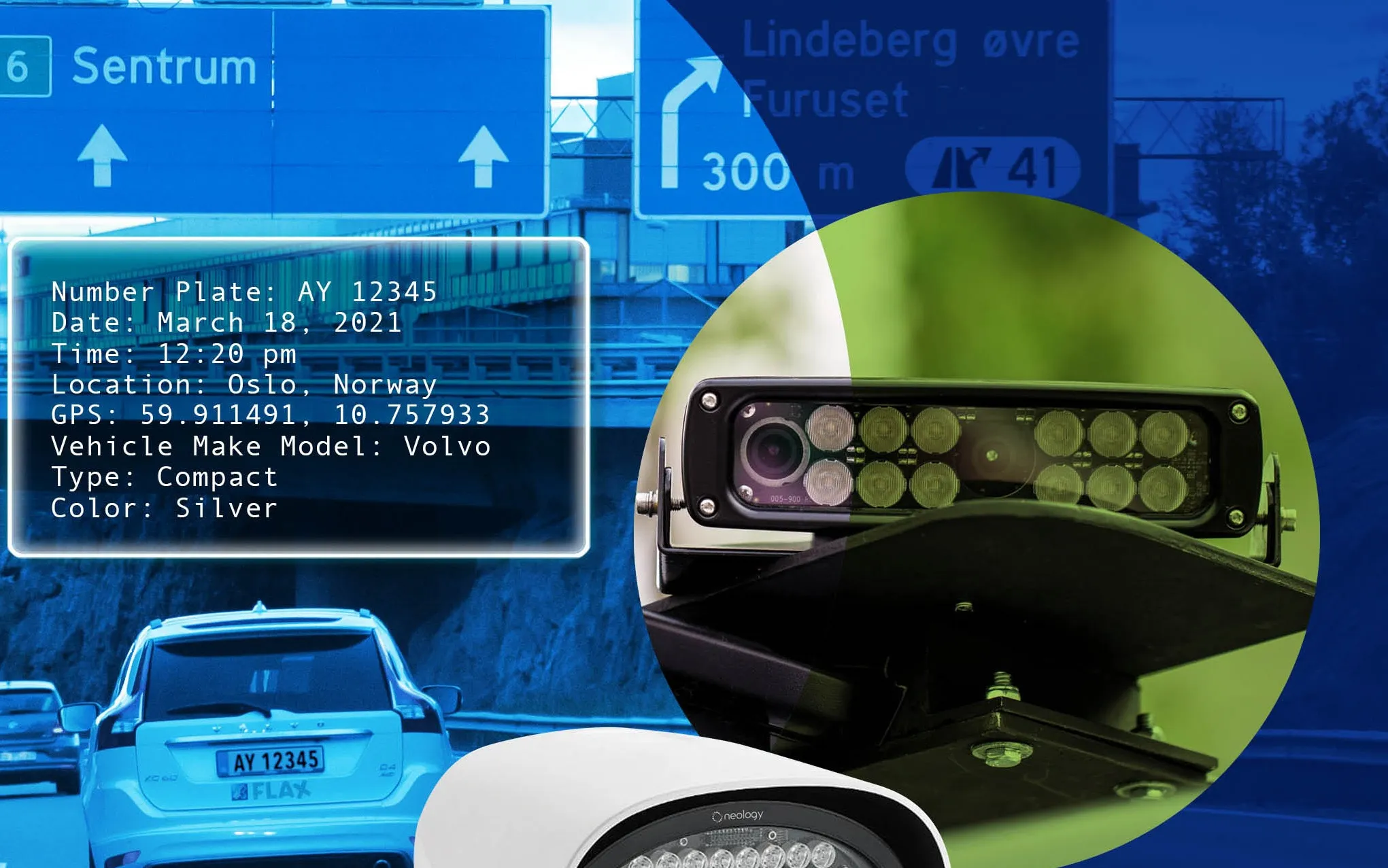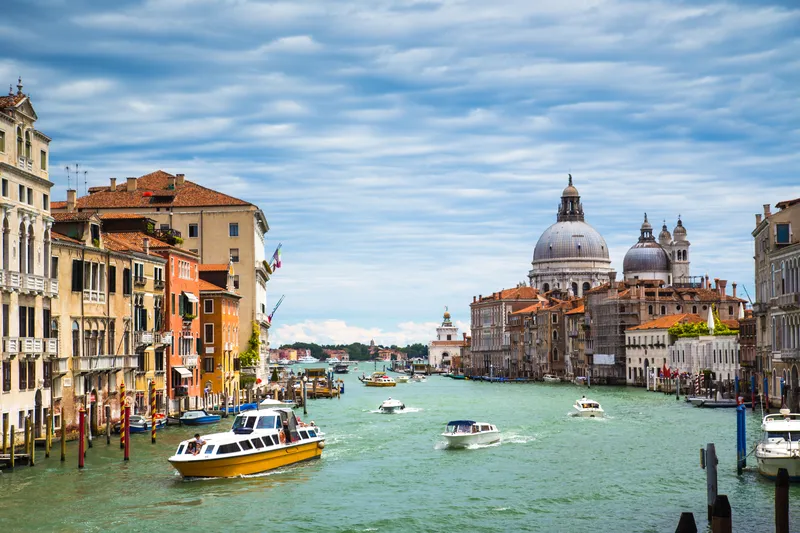
Neology has expanded its traffic enforcement agreement with Norwegian Public Roads Administration (Statens Vegvesen or NPRA).
The company will use mobile ANPR cameras and artificial intelligence (AI) technology to support real-time analytics and decision making.
Neology says its dual-camera system, with AI-powered vehicle recognition, enables officers "to detect and focus on non-compliant vehicles with enhanced vision system capabilities".
"Safeguarding the national road network and enabling border security agencies and their officers the capability to make accurate, informed decisions while keeping travel and trade flowing is the ultimate goal for NPRA," the firm adds in a statement.
Neology general manager Luke Normington said the company's AI-based solutions outperformed competitors "in real-world testing during the tender evaluation stage" for the multi-year deal.










